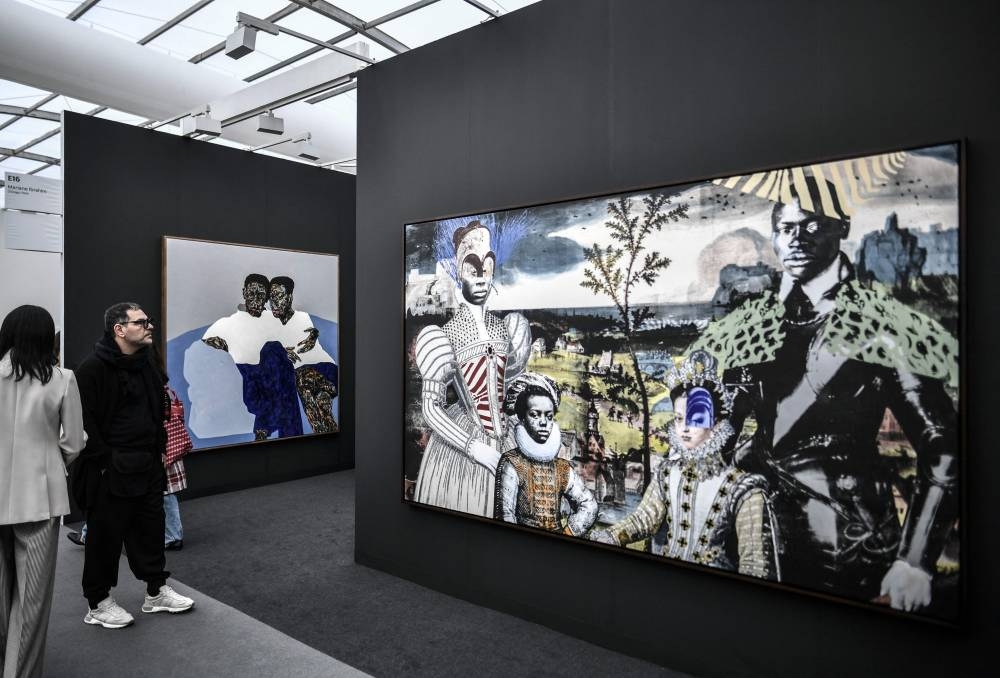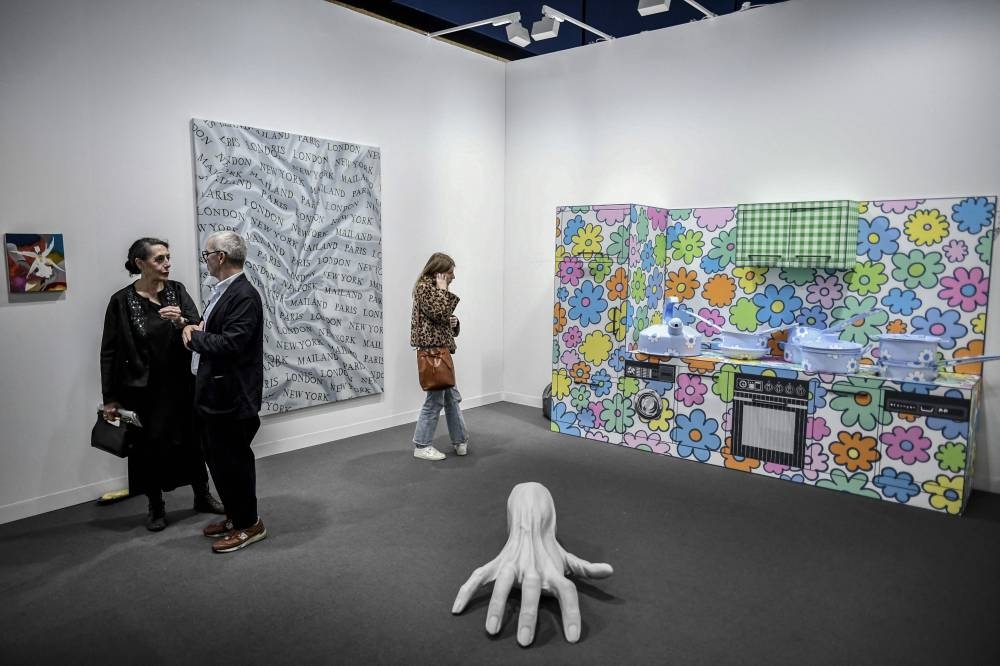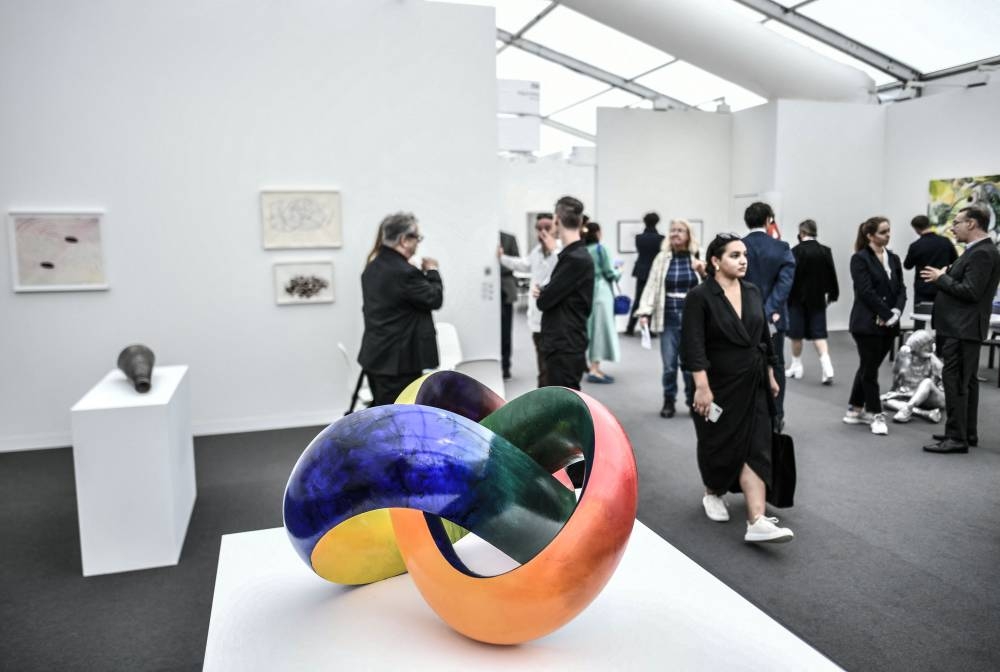PARIS, Oct 20 — Art Basel launched its inaugural fair in Paris today, seen as capping the re-emergence of the French capital as a major arts hub following the impact of Brexit on its main rival, London.
But the event also raised eyebrows for controversially replacing a longstanding local art event.
With “Paris + Art Basel”, the world’s biggest fair organiser has added another major city to its roster. Art Basel already runs events in Basel, Miami and Hong Kong.
It profited from the surprise decision by the Grand Palais venue at the end of last year to suddenly replace the long-running Foire Internationale d’Art Contemporain (FIAC).
Since then, Art Basel has sought to allay fears among French galleries that they might lose their privileged status under the new ownership.

The Swiss giant appointed a largely local team to oversee the new fair. At this week’s event, which runs until Sunday, 61 of the 156 galleries on display are French.
There was a shot of youth, too: 16 of the artists exhibiting are aged under 40, twice the number at FIAC last year.
Among them was Sophie Dunkelberg, 34, from Berlin, with a series of sculptures of miniature horses, lying down with their eyes closed.
“In cities around the world, sculptures of horses stand on their two hind legs to symbolise power and majesty. I wanted to deconstruct this absurd image,” she told AFP.

Paris on the rise
Paris is on the rise, said Thaddaeus Ropac, an Austrian gallery owner with outlets in London, Paris, Salzburg and Seoul.
“The French capital is experiencing a renaissance of contemporary art, collectors from around the world are returning, international galleries are establishing themselves here.”
Though partly linked to Brexit, he said Paris was also benefiting from several major new museums including the Louis Vuitton Foundation and Bourse de Commerce, created by rival luxury goods billionaires.
Patrick Goddard, a 38-year-old British artist at the fair, agreed.
“Paris is once again becoming a centre for contemporary and modern art in Europe,” he said.
He said his models of snails invading train stations and houses — a comment on the treatment of migrants — had sold quickly to “a big American family” at the show.

Haunting some of the more traditional gallery owners is a digital future exemplified by NFTs still a huge draw despite wild fluctuations in the market.
NFTs or “Non-Fungible Token”, are digital works that cannot be replaced with anything else and are therefore unique.
“The quality of the works we’ve seen (in NFTs) up to now is not of the sort that interests me,” said Ropac.
“But artists will have more and more recourse to using them, so we have to take them seriously.”
British artist Damien Hirst tackled that issue head on at his show that opened in London last week.
He made NFTs of thousands of colourful spot paintings, then made buyers choose between the original and its online avatar.
Then he burned the original works of those who chose the NFT version. — AFP






















